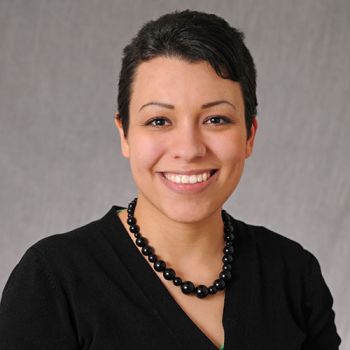
George Washington University (GW) Microbiology and Immunology PhD student Stephanie Gomez dealt with family issues her first year of graduate school. According to Alison Hall, PhD, associate dean for research workforce development, Gomez labored through her first year in GW’s Institute for Biomedical Sciences, but overcame her struggles after earning a National Institutes of Health (NIH) F31 fellowship in June 2020, for her research with Kate Chiappinelli, PhD, assistant professor of microbiology, immunology, and tropical medicine at the GW School of Medicine and Health Sciences.
The predoctoral NIH fellowship, also known as the Ruth L. Kirschstein Predoctoral Individual National Research Service Award, is earned by scholars based on the quality of their mentored research proposal and career development plan. The program, according to the NIH website, helps develop promising predoctoral students into productive, independent research scientists and enables them to obtain mentored research training while they are conducting dissertation research.
This year, in another triumph, Gomez took third place in GW’s Third Annual Three Minute Thesis (3MT) Competition for her presentation, titled “How Can the Immune System Be Activated To Treat Ovarian Cancer?”
Originally developed by The University of Queensland in 2008, more than 200 universities around the world host 3MT competitions. Participants have just 180 seconds to present their research in an engaging form that can be understood by a lay-audience with no background in research. The competition — which at GW is open to PhD students in the humanities, sciences, and social sciences — cultivates students’ academic, presentation, and research communication skills.


